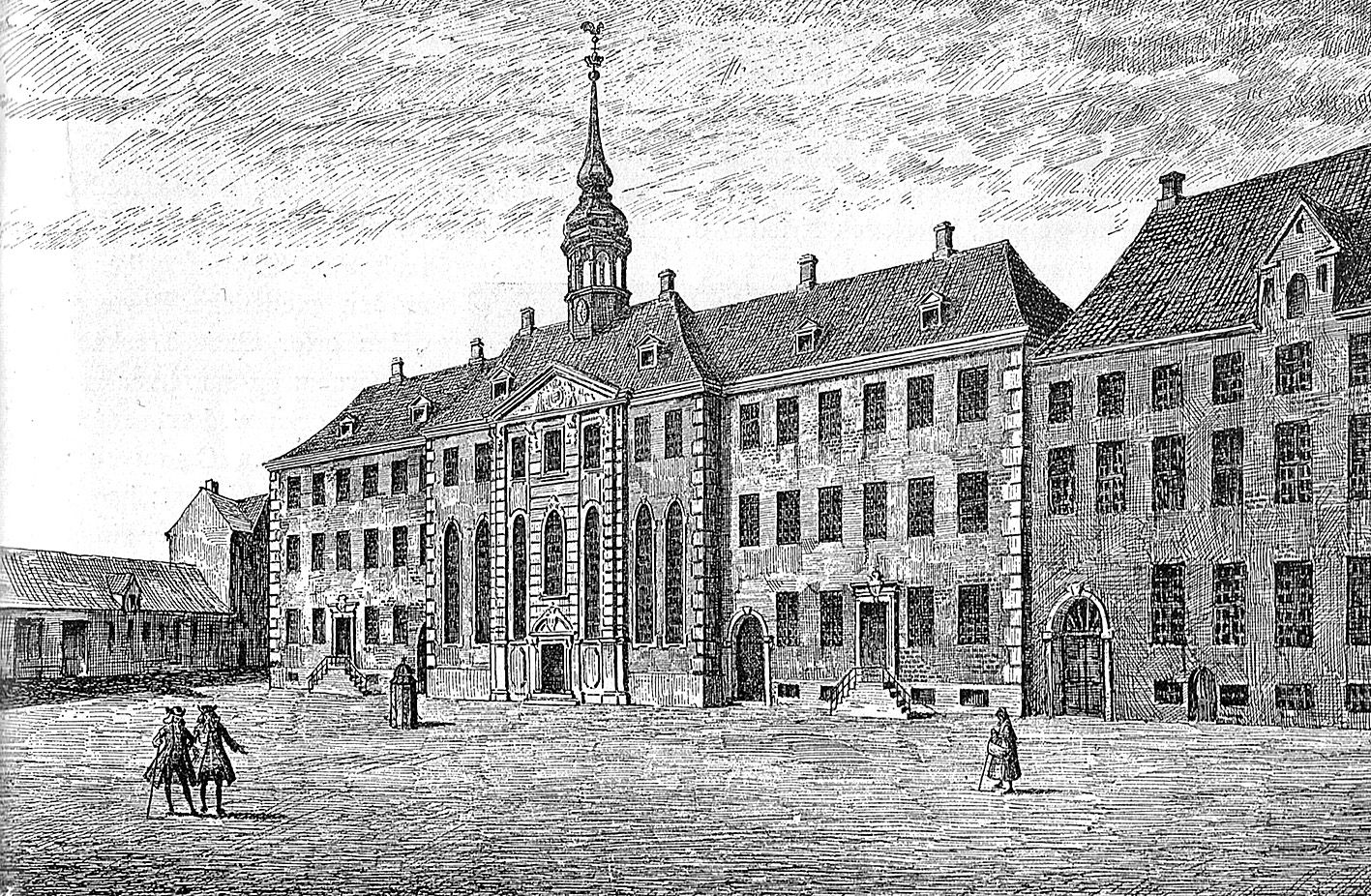It was King Christian IV, whose reign spanned from 1596 until his death in 1648, who first noticed the discrepancies of Copenhagen’s official clocks as he was making his way around the capital. Although all of them showed different times, not one of them was actually correct.
It seems, however, that the king was the only person who cared, and his complaints to the magistrate responsible were pretty much ignored – despite them having come from the highest power in the land. It appeared that Copenhagen’s citizens had a pretty relaxed relationship with time. They couldn’t see any problem in the actual time being a bit less, or a bit more than the clock showed, just as long as they got done whatever it was that needed doing; and so, despite the protestations of the king, the situation remained unchanged for the next 150 years.
When statesman and royal physician Johann Friedrich Struensee began to furtively take more and more control of the country around 1770, he attempted to bring the country in line with other European nations, promoting order and, naturally, consistent time-keeping. He asked Christian Horrebow, a professor in astronomy at Copenhagen Round Tower observatory, to come up with a solution that would make all the capital’s clocks tell the same – and correct – time.
Marginally less painful than flagellation
After some consideration, Professor Horrebow suggested that twice a week a flag hung from the top of Copenhagen’s Round Tower observatory could signal 12 o’clock – a signal visible from anywhere in the city. All of the official clocks would then be set according to the flag and pay a small annual fee to the observatory for its trouble.
The suggestion was met with resistance from many quarters, who felt that having to pay for a service they found unnecessary, which they had never needed in the past, was quite outrageous. It was in fact only the university that found the suggestion of a fee reasonable, but then it was the university that owned the observatory!
After much wrangling and a 50 percent reduction in the fee, the suggestion became a royal ordinance and the first signal from the Round Tower was made on New Year’s Day in 1772. Initially, it created more confusion than there had been beforehand, with folk stubbornly refusing to change their clocks, while the city’s watchmakers complained that they were the true experts when it came to timekeeping, not Professor Horrebow.
Not 13:00 until ball’s dropped
A halt was called to the dispute, and for 100 years it was a city fixture to note the flag on top of the Round Tower being taken down every Wednesday and Saturday as a sign that it was now 12 o’clock midday. This signal continued even after the observatory moved in 1861.
Not everyone was completely satisfied with this solution, however, and the subject came up for debate in Parliament on various occasions during the years 1865-67. Captain Tuxen, who became an MP after serving in the navy, believed that his idea for consistent time keeping was much better than the Round Tower’s flag, which was only really effective in windy weather. He suggested that a large ball be attached to a high mast on the top of Nikolai Church tower, which could be dropped at a specific time each day. It was a different era than the one of Professor Horrebow, in which electrical technology could now be exploited to make the whole procedure precise to the exact second. Of course, there were still opponents to the suggestion. This time, many people found it far too risky to use unstable, new-fangled electricity in connection with such an important matter.
Despite opposition, Captain Tuxen’s idea did come to fruition, and on 6 July 1868 Copenhagen’s new time signal came into operation. At 1 pm exactly, a ball on top of Nikolai Tower dropped down its mast – a ritual it repeated every single working day for the next 40 years. The ball became part and parcel of Copenhagen’s skyline: an object that people looked out for, waiting for it to fall so they could adjust their watches accordingly. And now, after so many ups and downs, it has now been laid to rest in the City Museum in Copenhagen Town Hall.












